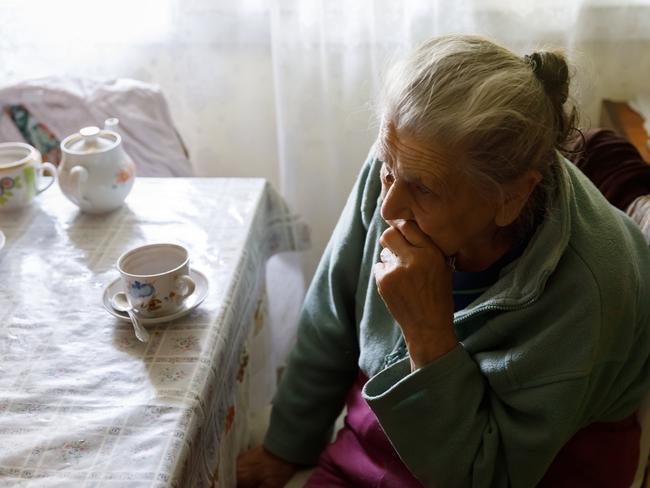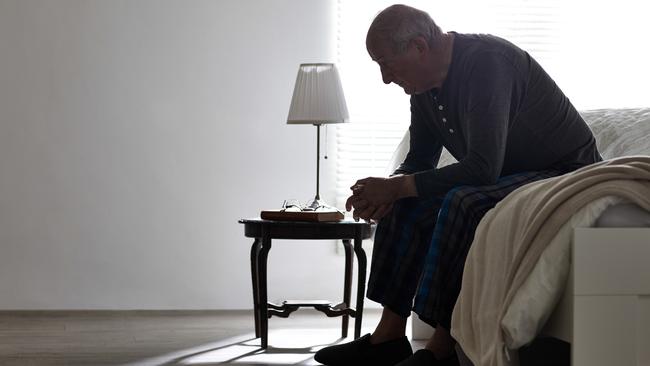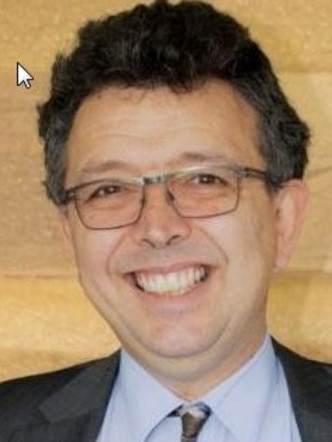Mental health first aid training aims to save older Aussies from depression, anxiety and suicide
EVERYDAY people will be armed with mental health first aid training under a landmark program to save older Australians from suicide, depression and anxiety.
NSW
Don't miss out on the headlines from NSW. Followed categories will be added to My News.
EVERYDAY people will be armed with mental health first aid training under a landmark program to save older Australians from suicide, depression and anxiety.
It comes as the state prepares for a boom in mental health problems among the ageing population.
The training includes busting “demoralising” myths, including that depression is a standard part of getting old and that everyone gets dementia.
RSL staff, sports clubs employees and supermarket workers are among those the state government wants to train. They will be taught how to spot the often subtle signs of a mental health crisis, and to screen people for loss of appetite or weight, disinterest in previous habits, loss of social connections, and gambling.

State government modelling shows population growth among older people in NSW will accelerate over the next decade. By 2026 18.8 per cent of the state’s population — more than 1.6 million people — will be aged over 65. And the number of older people with a mental health problem will jump by 34 per cent.
By 2026 the government projects that 18.8 per cent of the state’s population will be over 65 — more than 1.6 million people.
MORE
Mental health lessons to be taught from young age
Breaking down barriers on International Women’s Day


NSW Health Department clinical adviser Dr Roderick McKay said the project would bust harmful myths.
“Older people have incredible resilience but are also vulnerable. One of the myths is about depression — that it’s normal in older age. Being depressed is not part of being old,” he said.
Dr McKay said mental health problems are often dismissed as dementia despite 80 per cent of people aged over 80 free from the disease.
“The myth is that as you get old you get dementia but the vast majority are at home they’re not in residential aged care. It makes people fear getting old,” he said.
Dr McKay said anxiety was also an issue for the elderly but unlike younger generations they don’t worry about themselves — they worry about others.
People will also be trained to detect clues indicating suicidal intentions, with older people often telling someone before they take their own life.
The suicide rate among elderly men is double the average, at 34 per 100,000, while about 50 per cent of people in aged care have depression.


